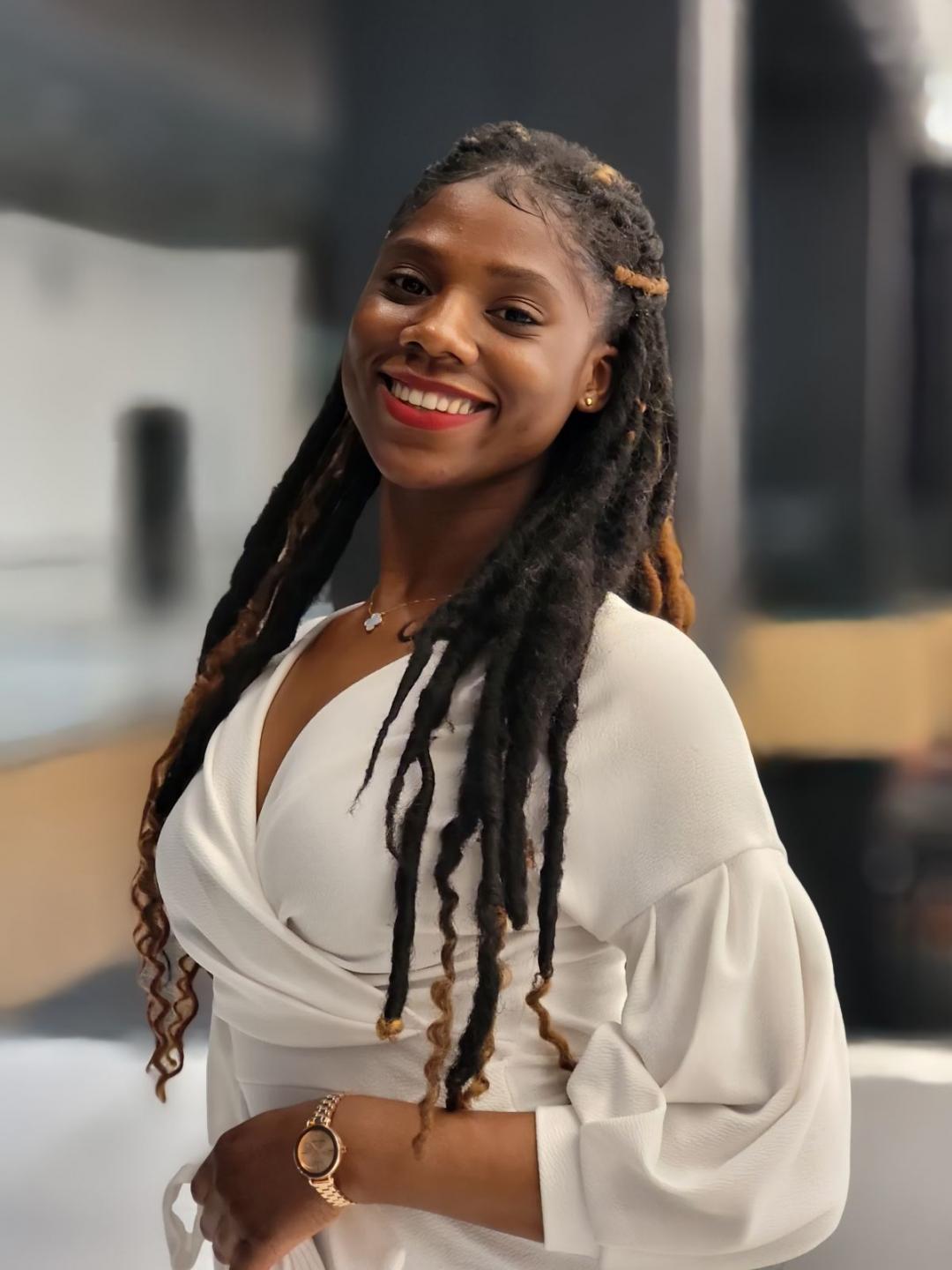
When it comes to concepts of antiracism, diversity, and inclusion, people vary in their understandings, embodiments, and lived experiences. My involvement with the working circle has taught me that while it is essential to do the work (of ensuring the University's commitment to antiracism and inclusion are tangible) with the sense of urgency that it requires, it is pivotal to work from a place of compassion. On the Committee, we have shared painful truths, findings, and realizations from a circle of compassion for ourselves and others. I rest assured that the goal of inclusion which the University strives to realize, will become wider because of our shared compassion for one another. For me, a compassionate heart and a listening ear have become the irreplaceable factors that will help us reach new dimensions of collaboration and to realize some of the intricate recommendations that have come out of the circle.
Olashile Adeyoyin, Recent Graduate, Department of Global Development Studies and Department of Arts, Culture, and Media, and Member of the Landscape Review Sub-Circle

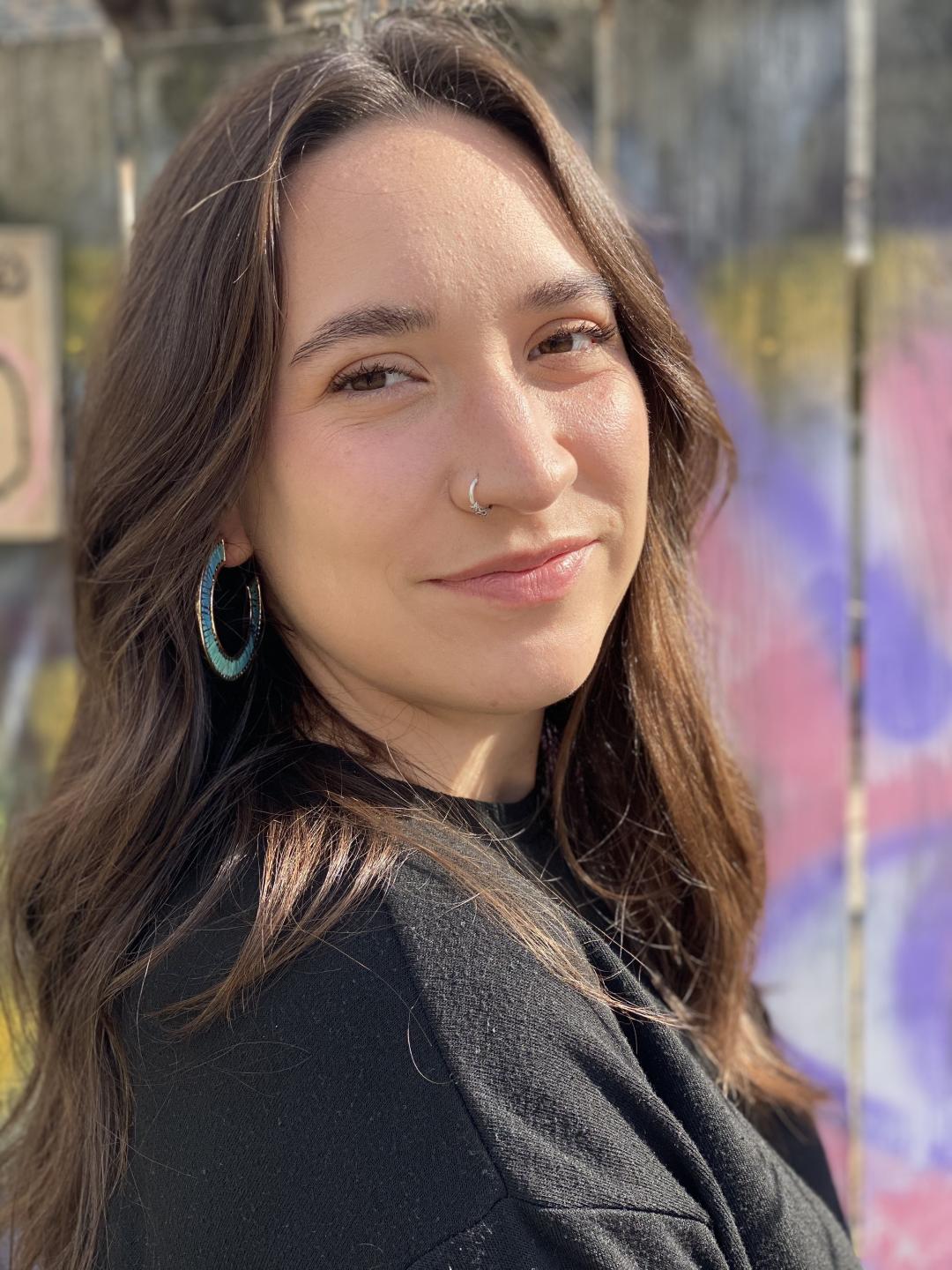
The concept of Two-eyed seeing/Etuaptmumk perfectly depicts my experience while being a part of the working circle and my hopes for the future of this work. I believe Rebecca Thomas summarizes Elder Albert Marshall's teaching of Two-eyed seeing excellently, in adapting it to the system of education.
Alexis Bornyk, Undergraduate Student, Department of Global Development Studies and Department of Anthropology, and Member of the Working Circle

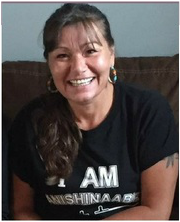
Aanii Boozhoo, Giidaakunadaad n’dizhinikaaz, Michizaagiig (Mississauga’s New Credit Reservation #40A), Ojibwe, Aanishinaabe Kwe n’daaw. Over the past year our group has merely caught a glimpse of how we might work together, particularly and necessarily as it involves, us, the Rightsholders of the territory. We begin to build awareness by privileging the voice and vision of those explicitly displaced and dispossessed and nurturing this relationship with truth and trust building. As we become more aware, we learn there is much to learn and it must be learned from the voice, vision and interests of the Treaty Partner. As a group we dedicate and commit to learning beyond mere awareness, ‘recognition’ and ‘honoring’ while understanding that only with much effort, commitment, time, listening, collaboration and ample amount(s) of truth, honesty, humility, integrity and care, we may, ultimately learn how to act toward ‘uncolonizing’ the institution through real reconciliation, retribution and restitution.
Giidaakunadaad (Nancy Rowe), Treaty Partner and Educational Advisor and Consultant

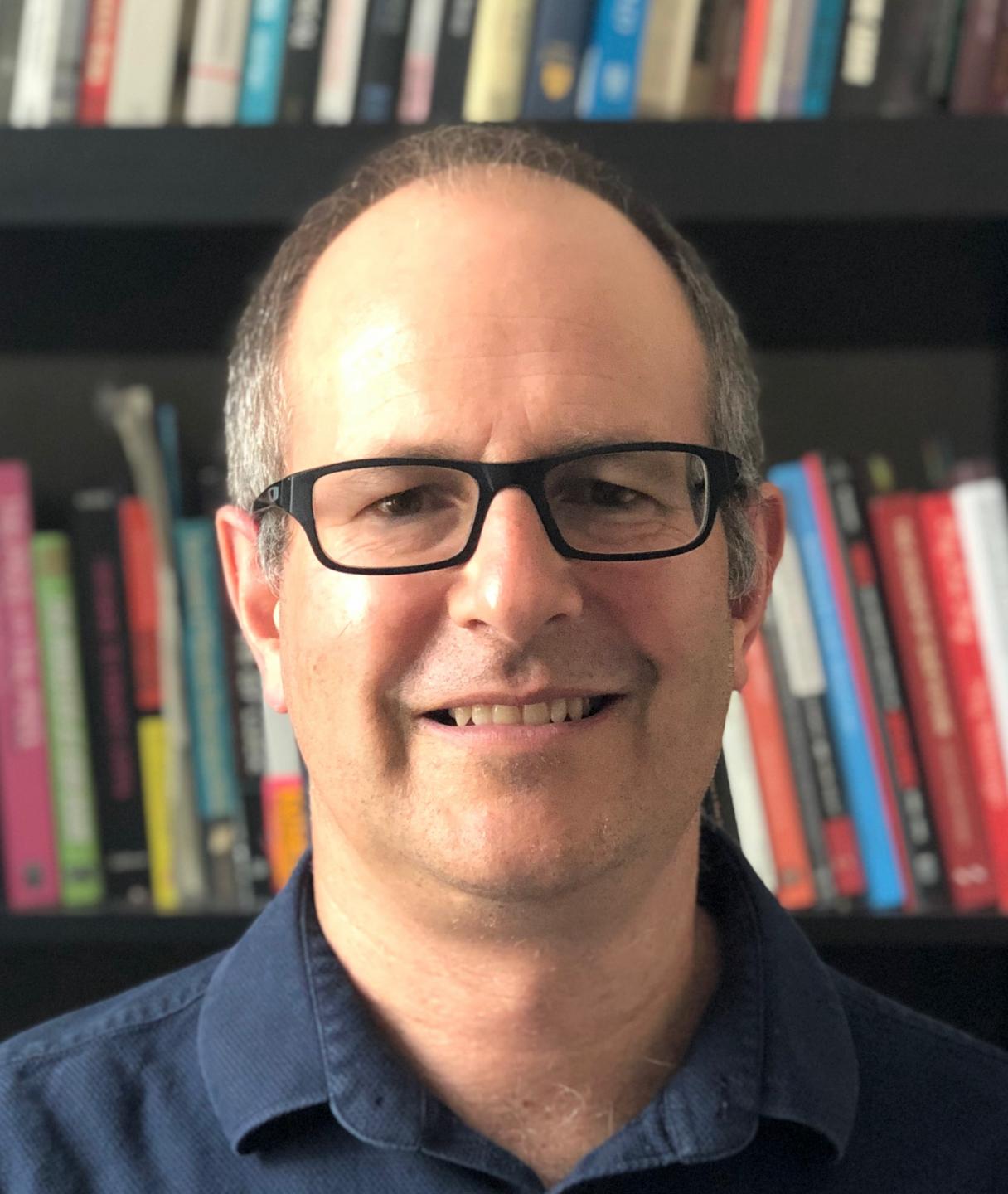
The Circle developed a way of working centred on mutual respect, reducing hierarchies, and reflexivity. One thing we learnt is that these values do not come at the expense of achieving goals—in this case to enable overdue discussions about systemic processes of exclusion. Acted upon, the findings can put UTSC at the cutting edge of anti-racist changes within the institution.
Mark Hunter, Professor, Department of Human Geography, and Member of the Landscape Review Sub-Circle

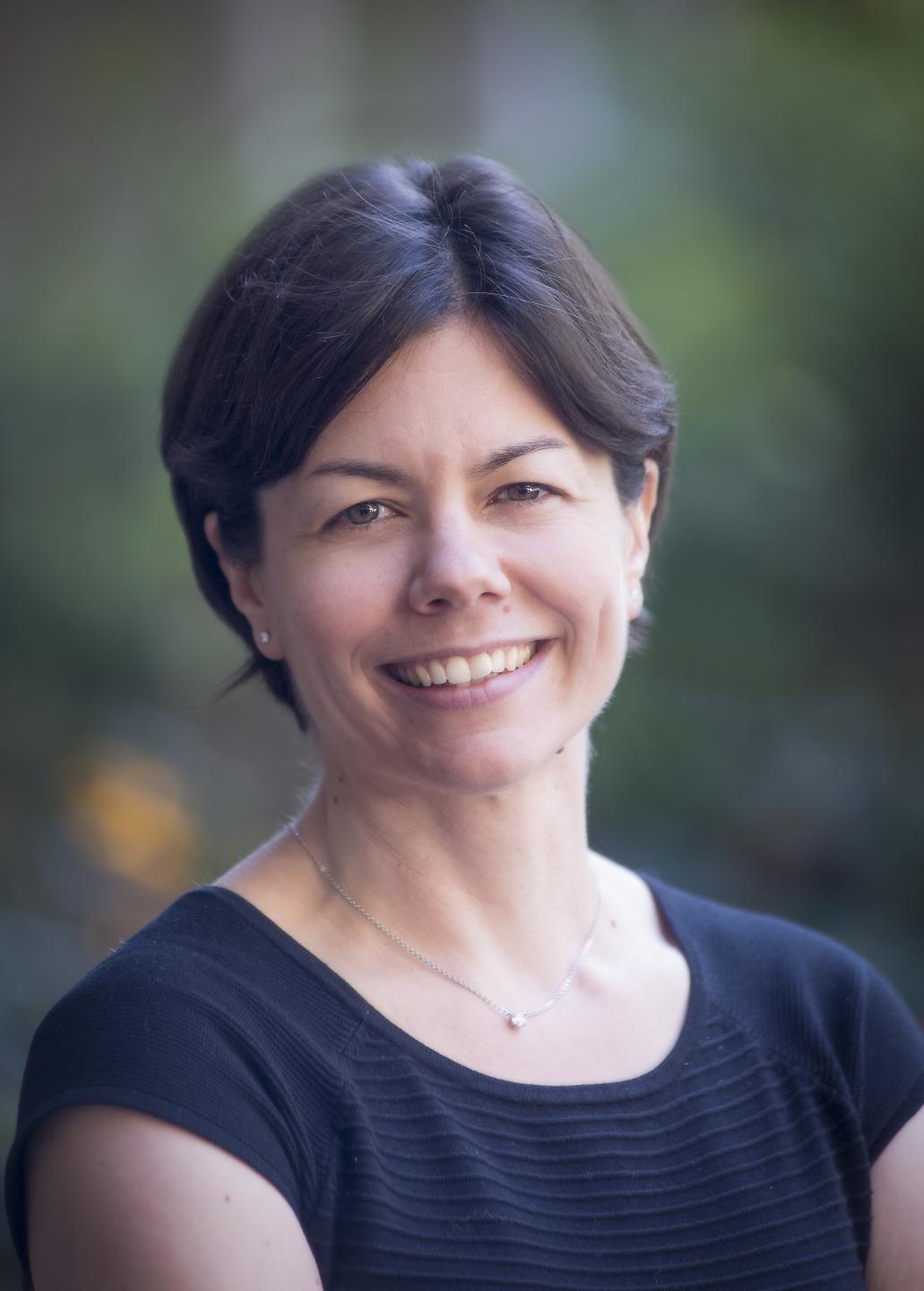
When we embarked on the curriculum review, I envisioned a circle-based framework as an intentionally transformative and relational process for undertaking curricular change. I did not anticipate, however, how profoundly the experience of being a part of the Working Circle would change me: as an educator, as an academic leader, and as a person. It has shifted the foundations of my thinking about my discipline of English literature; about my courses; about academic structures, policy, and governance; and about learning. Above all, it has underscored for me the importance of process for foundational change. How we do things matters. I hope that, as our recommendations begin to take root and build on inspiring work already underway at UTSC, an important part of the legacy of the Working Circle will be to contribute to future change by inspiring different ways of doing things.
Katherine R. Larson, Professor, Department of English, and Vice-Dean Teaching, Learning, and Undergraduate Programs, and Convener of the Working Circle

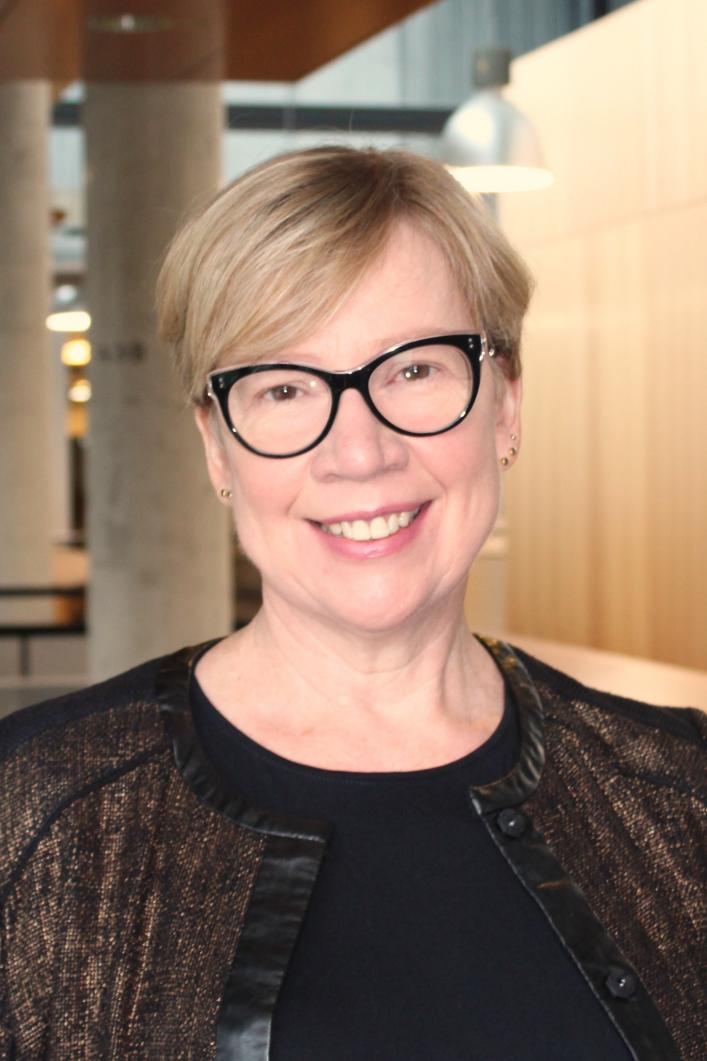
I’d like to share my deep appreciation and respect for all members of the Working Circle. Each and every one has brought their authentic self to this process and has taken the conversations back to their respective corners of the campus with a strong intent to drive change. A theme that has resonated with me from day one is that celebrating diversity is not enough; we have to acknowledge, validate and heal pain and trauma, and align our actions with our beliefs. Together I believe we are transforming UTSC.
Karen McCrindle, Associate Professor, Teaching Stream, Department of Language Studies; Associate Dean, Teaching and Learning; Director, Centre for Teaching and Learning, and Member of the Institutional Resources and Related-Supports Sub-Circle

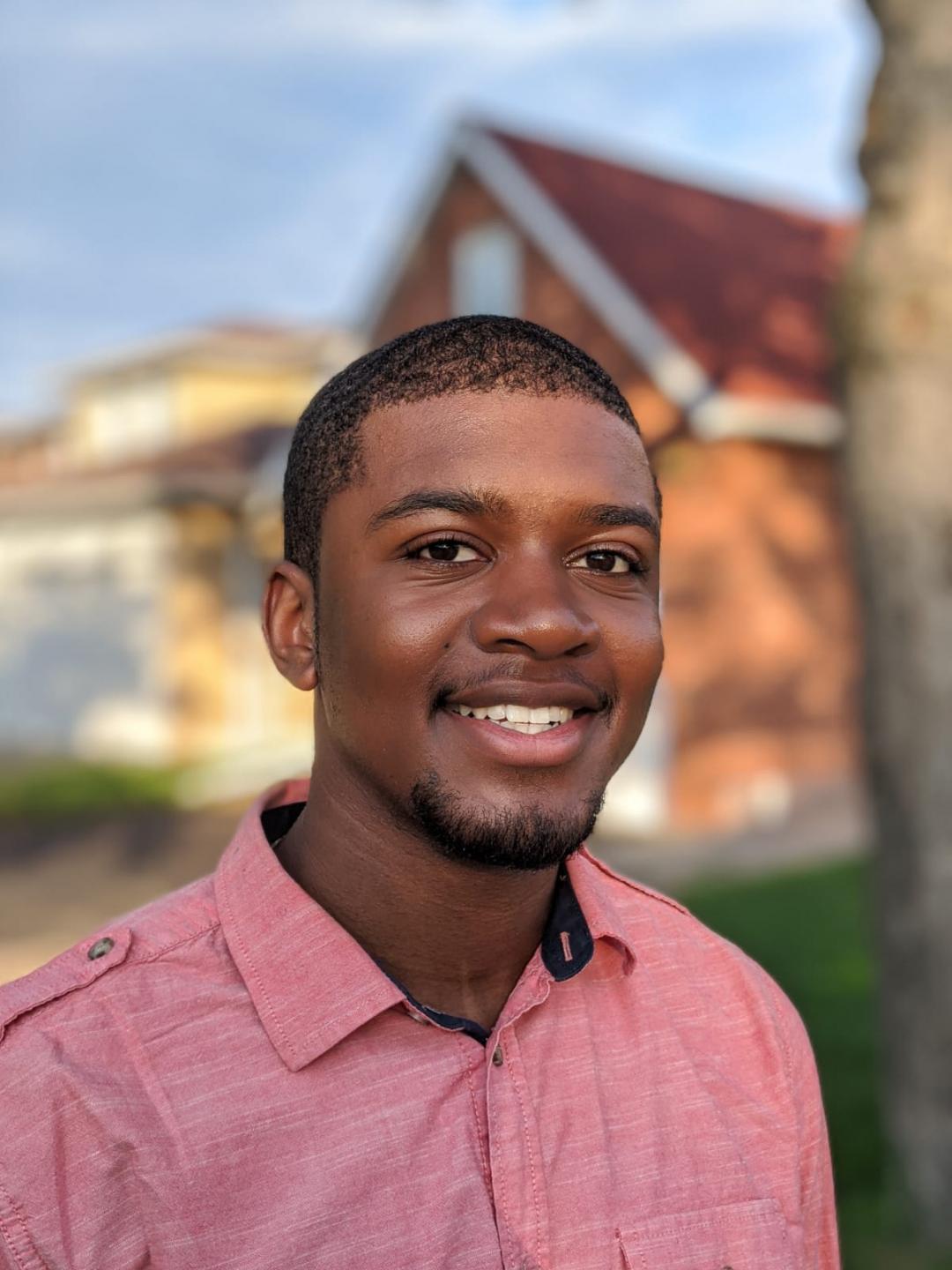
Lost & Found
Lost are the ways of old, replaced with a new foundation.
I said the lost are lost! And confusion will no longer run rampant through these walls.
The circle brings reflection, challenge and growth And as new stories join us, the found is painted that little bit brighter
The ever-expanding circle fights through these walls, through the ways of the lost to form the found.
Isaiah Murray, Vice-President, Equity, Scarborough Campus Students’ Union, and Member of the UTSC Listening and Conversations Sub-Circle

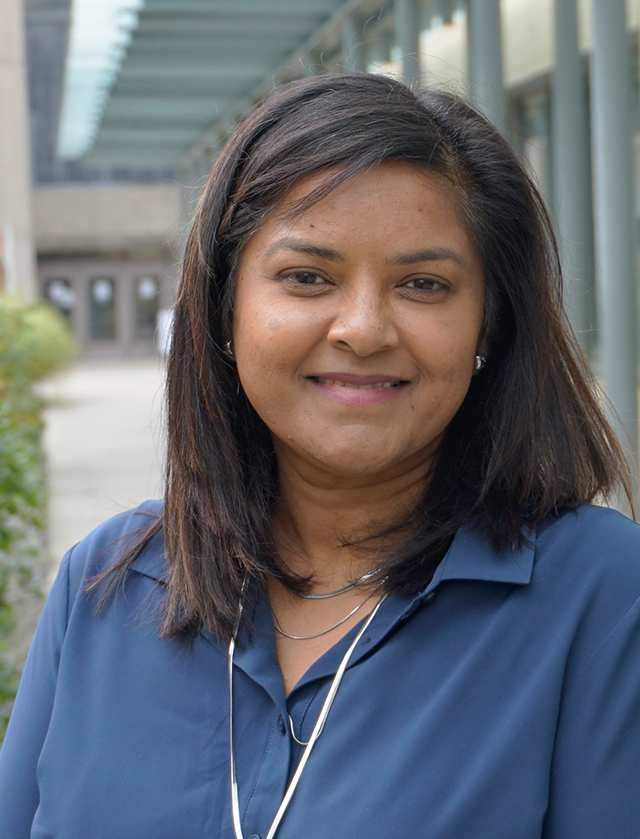
Transcript of Audio Reflection from Varsha Patel
My name is Varsha Patel, and I have been engaged in the CCR process as a student affairs practitioner, serving as the convener for the Institutional Resources and Related Support sub-circle in conjunction with completing further studies in social justice education.
This process has allowed me to infuse the learning from historical contexts and frameworks about the ways western knowledge has been legitimized as the only way, and I appreciate that the unlearning ahead is the greater task.
This journey of the past year has been one of acceptance, disruption, and evolvement, which has placed all involved on the journey with the opportunity to co-create and implement new mandates that can disrupt and remove the struggles and social inequities students experience every day due to colonial structures, systems, and supports.
This process has made me cognizant of my own responsibility and has helped me to grow personally and professionally, allowing me to bring in new worldview into my space.
Varsha Patel, Assistant Dean, Student Success, and Convener of the Institutional Resources and Related Supports Sub-Circle

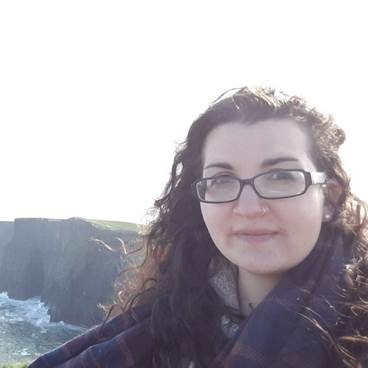
Being part of the Working Circle has been one of the most enlightening experiences I have ever had. At the same time, it has been deeply uncomfortable, but that was exactly the point. It opened my eyes to the barriers so many racialized members of the UTSC community face, many of which I was unaware, as my privilege prevented me from having to encounter similar obstacles. I feel fortunate to have been able to work with and learn from the other members of the Working Circle, who continue to show up, to volunteer, to commit, even though they are constantly being called on to do so as Black and Indigenous members of the UTSC community. If I have learned anything from my experience it is that they cannot and should not have to keep shouldering this burden alone.
Melissa Pullara, Programs and Curriculum Coordinator, Office of the Vice-Principal Academic and Dean, and Project Support for the UTSC Campus Curriculum Working Circle

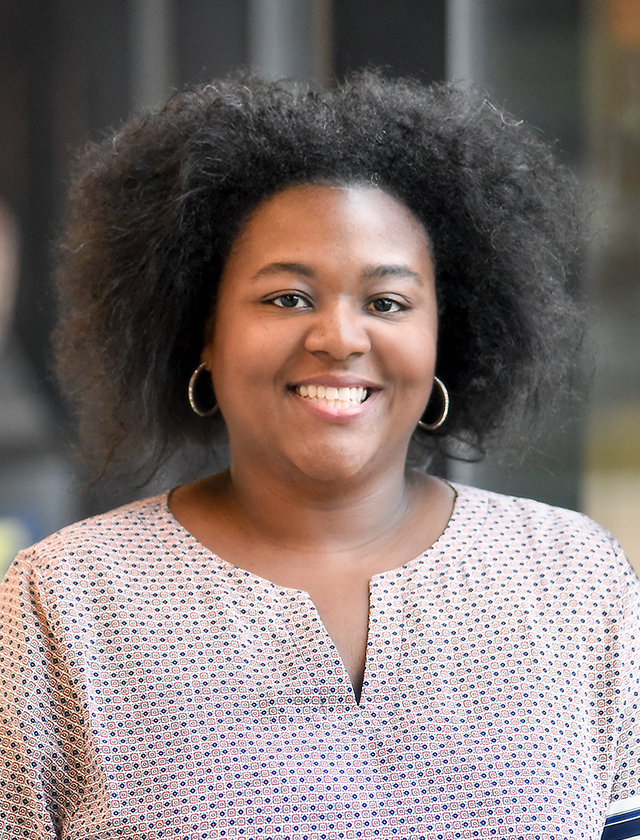
Much can be accomplished when we work together. It was a great experience to work alongside faculty. I also really appreciated our decolonized approach to obtaining feedback from the UTSC community — our listening circles were intimate and meaningful. I hope that we we enter a process of consistent implementation, and of receiving feedback and processing through reflection. The door continues to remain open to growing a holistic and inclusive curriculum for our students.
Nadia Rosemond, Assistant Dean, Co-Curricular Programs and Student Leadership, Office of Student Experience and Wellbeing, and Co-Convener of the UTSC Listening and Conversations Sub-Circle

I have learned that content is important but so is the form and structure in which curriculum happens. My hopes are that students will be at the center of the implementation of the recommendations; that courses can be built with other knowledge systems and ways of knowing; that courses are developed using an open pedagogical framework with students developing the content alongside faculty while learning about racialized perspectives, Black knowledges and Indigenous knowledge systems and ways of knowing; and that development and reinvention of academia with other ways of knowing are supported with appropriate structures such as from the Library.
Sarah Shujah, Liaison Librarian, University of Toronto Scarborough Library, and Member of the Landscape Review Sub-Circle

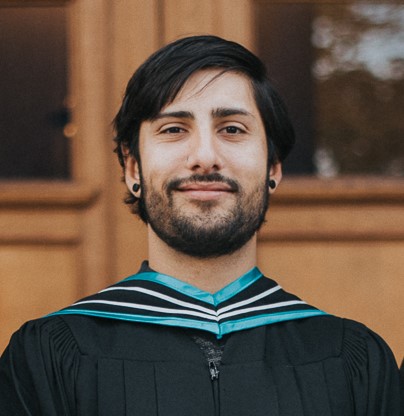
The passion and desire for change shown by the UTSC community has been inspiring. This process has highlighted unique aspects of UTSC, such as our diverse student body, and the work that our campus needs to continue, to foster an environment in which everyone feels welcome and comfortable. Our journey of learning is never-ending, and I hope the UTSC community continues to learn, relearn, and unlearn the histories and knowledges of Canada’s Indigenous people.
Taylor Tabobondung, PhD Candidate, Department of Physical and Environmental Sciences, and Member of the UTSC Listening and Conversations Sub-Circle
